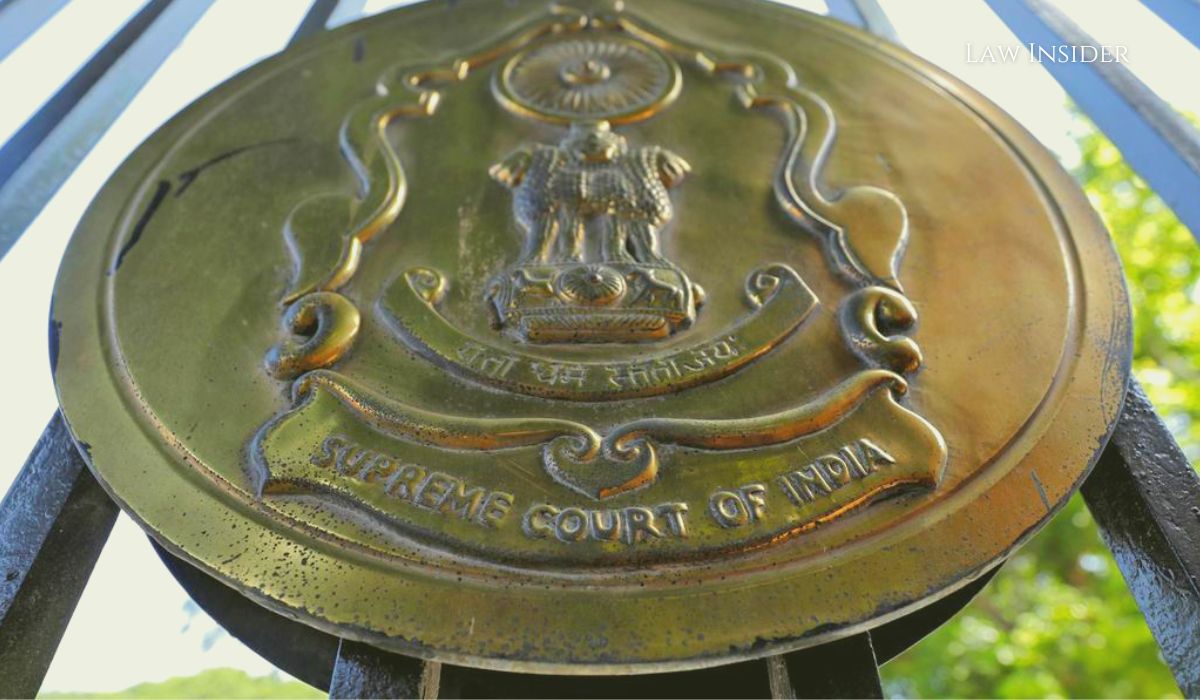LI Network
Published on: 24 June 2023 at 17:38 IST
The Supreme Court has ruled that the decision to allot additional shares under the Companies Act cannot be invalidated solely on the basis that the promoters of the company have also gained from it.
The Court emphasized that the allotment of additional shares should be evaluated based on whether it is in compliance with the provisions of the Companies Act and whether it is in the best interests of the company as a whole.
Merely benefiting the promoters does not render the decision invalid or illegal. The Court’s decision emphasizes the need to consider the legal framework and overall company interests when assessing the validity of share allotments.
The Supreme Court has upheld a decision regarding the disproportionate allotment of rights shares in a private limited company, which significantly increased the shareholding percentage of one shareholder group over another. Justices K.M. Joseph and B.V. Nagarathna, sitting on the bench, determined that the appellant, H.M. Patel Group, had increased its shareholding from 30.80% to 63.58% of the paid-up share capital of the company due to the other shareholder group’s refusal to apply for the additional shares, despite being offered the opportunity to do so. Consequently, the Court ruled that the allotment of fresh shares could not be deemed oppressive in this context.
According to the court’s decision, the Board of Directors had passed a resolution to allot additional shares to existing shareholders in a 1:1 ratio. The shareholders were also given the choice to apply for more or fewer shares than they were entitled to. In this case, the members of the H.M. Patel Group applied for a larger number of shares. However, the shareholders belonging to the other group did not apply for any additional shares.
The court concluded that the allotment of additional shares was not flawed, as it was carried out after the authorized share capital of the company had been augmented through a resolution passed during the Extraordinary General Meeting of the shareholders. Consequently, the Supreme Court overturned the ruling of the National Company Law Appellate Tribunal (NCLAT), which had deemed the distribution of additional shares as ‘defective’. The NCLAT had directed that the additional shares should be allotted to all existing shareholders of the company in proportion to their shareholding.
The Supreme Court observed that the members of the H.M. Patel Group were also members of the Board of Directors when the decision to increase the authorized share capital and issue new shares was made.
While acknowledging that Section 81(3) of the Companies Act, 1956 explicitly exempts private limited companies from the provisions of Section 81, which pertains to the further issuance of capital, the Court emphasized that the actions of the Directors should be assessed against a higher standard.
This suggests that even though private limited companies may be exempt from certain legal requirements, the conduct of the Directors should still adhere to ethical and fair practices.

